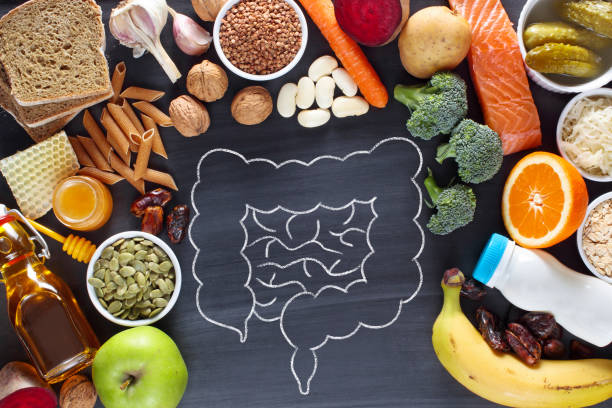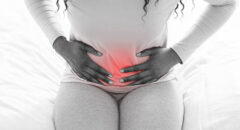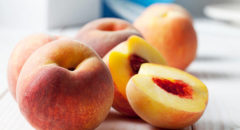
There are a lot of health factors to keep in mind as we navigate through the dietary day: calories, carbohydrates, protein, saturated fat, vitamins and minerals, to name a few. Did you forget fiber? A lot of people do. But if you are living with ulcerative colitis, a low-fat, high-fiber diet may improve your overall quality of life, a new study finds. high fiber foods
“Patients with inflammatory bowel disease always ask us what they should eat to make their symptoms better,” says researcher Dr. Maria Abreu. She’s a professor of medicine and microbiology and immunology at the University of Miami Miller School of Medicine.
“Sadly, there have been very few really good studies that provide that information,” she said in a university news release. That is until now.
People who ate a low-fat diet had lower levels of inflammation and signs of improvement in bacterial imbalance in the gastrointestinal tract, the researchers found. After eating a high-fiber diet rich in fruits and vegetables, each patient in the study was either in remission or had mild disease, with little diarrhea, bleeding or pain. Yet many ulcerative colitis patients are told to avoid fruits and vegetables, the researchers noted.
A high-fiber, low-fat diet might also benefit people with other types of inflammatory bowel disease, such as Crohn’s disease.
RELATED: The Best Tasting High Fiber Foods
Are you getting enough fiber?
For decades, that message has been preached by dietitians, headlined in health magazines, and inscribed on packages of cereal, many other foods and dietary supplements.
Yet studies show many people in the United States fall well short of the fiber intake they need. In one alarming example, a 2017 analysis in the American Journal of Lifestyle Medicine concluded that 95% of adults and children don’t consume the amount of fiber recommended for good health.
Fiber is the material in plant-based foods that can’t be broken down and passes through the system undigested. It’s mostly found in fruits, vegetables, nuts, whole grains and cereals. Why is it important? Let us count the ways.
Fiber has been shown to help protect against heart disease, diabetes, diverticulitis, inflammatory bowel syndrome, obesity and colorectal cancer. Fiber can help flush toxins from the body, lower cholesterol and promote weight loss because it








